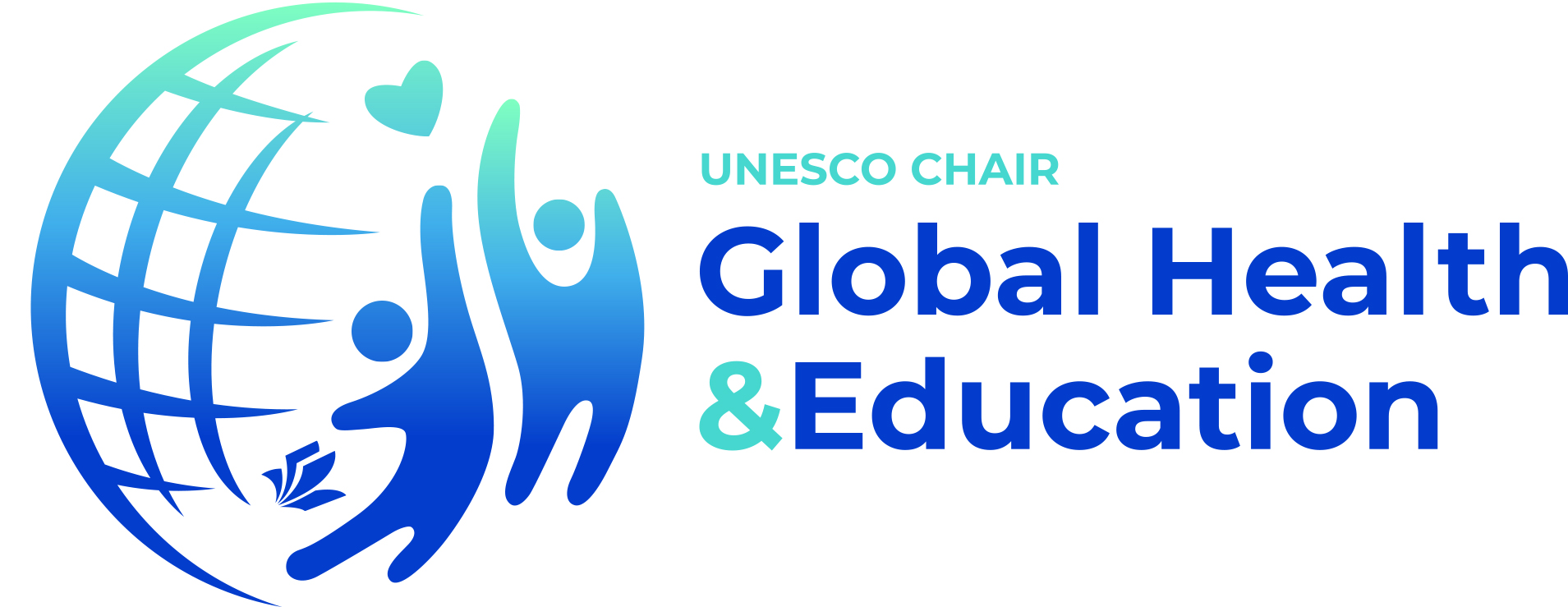June 22nd 2020
National, regional and local strategies to reopen schools
Summary
|
Contributors from 23 countries responded to say that they did not yet have access to school reopening guidance. One country – Burundi – had not needed to close their schools. Respondents from 20 other countries shared some insights or hopes/concerns with the UNESCO Chair team about what the guidance might contain.

Many countries were providing public education about the pandemic, including health literacy initiatives to combat ‘fake news’. From these sources of public education, respondents anticipated that the guidance would require: class size reduction to achieve social distancing; increased cleaning; infection screening and tracing systems, and the use of personal protective equipment. One respondent suggested that the pandemic offered an opportunity to introduce deeper, often neglected life themes to students, including death, mourning and the student’s own place in their social world.
Many respondents were keen to start re-opening schools as they were concerned about the inequalities in access to the remote learning alternatives because of the lack of equipment in homes and unreliable internet connections. There was concern that some of the measures would have negative consequences for attendance, such as cancellation of school transport at local level. Wider economic impact might force families to remove adolescents from school to find work in the informal labour market. There was also caution, to make sure that the situation was safe before re-opening occurred.
Some respondents had practical concerns that the guidance would come out just before the planned reopening dates, many of which were expected to be the normal start of the new academic year, and that there would not be time to implement it satisfactorily. They wanted clear and flexible guidance, adapted to the local context, and sharing of good practice.
Only about 50% of urban households have internet, and about a quarter have a computer at home. If there is no access to computer, online education is conducted through cell phones using WhatsApp. This has some limitations. (India)
In most LAC countries, the economic crisis following lock-down will prevent many families that are already stressed from sending kids back to school, they will enter the informal market. Particularly secondary school age adolescents. (Latin America & the Caribbean)
We should be very cautious before re opening of schools. Safety of students is the most important. (Jordan)
We must take advantage of the circumstance to introduce other essential themes to pupils through non-formal education: meditation, death, mourning, the meaning of life, philosophy seen as a way of life, to be happy and useful to his community and to the world. These themes have been neglected for too long, in favour of other issues … (Haiti)
Give freedom to the decision-making for each school, in function of what they have as resources. We need to open for social, psychological and economic issues. GIVE independence for each Region in Italy because the needs and culture are different from one area to another. (Italy)
Need for a wider conversation and engagement on how to reduce corona threat in schools. Provide practical guidelines/assessment to allow school to open. (Uganda)
It will be important to maintain flexibility and modify approaches as needed, and to ensure learning and sharing of good practices. (Republic of Moldova)

For more information:
